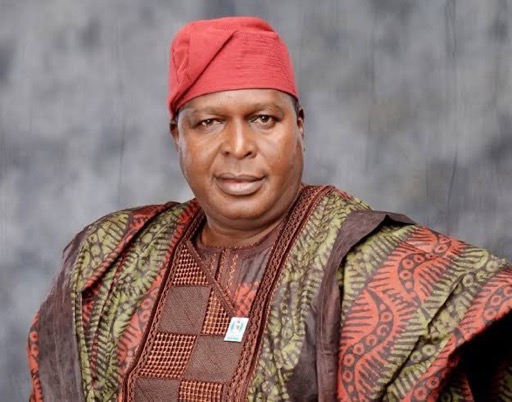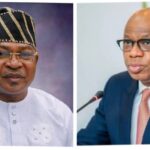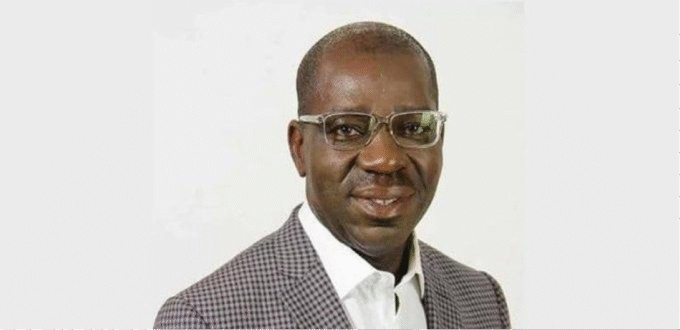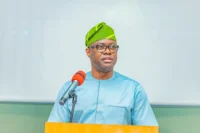Some people fade from public life with a handshake and a plaque. Not Otunba Segun Runsewe. He seems to prefer an encore. Therefore, his farewell tour, if one can call it that, looks more like a standing ovation: a calendar of banquets and citations celebrating a man who has spent three decades making Nigeria’s culture impossible to ignore.On October 23, at the Sheraton Lagos Hotel, the Association of Nigerian Journalists and Writers of Tourism (ANJET) crowned him “Pillar of Nigerian Culture and Tourism.” The ballroom hummed with nostalgia as industry veterans gathered to honour the figures who built Nigeria’s cultural backbone.
Runsewe, former Director-General of both the Nigerian Tourism Development Authority and the National Council for Arts and Culture, was the evening’s main story.
He thanked ANJET with the measured tone of a man who has seen too many conferences produce nothing. “There’s too much talk in tourism and little action,” he said, urging Nigeria to see tourism not as leisure but as a trillion-naira industry. He spoke, too, of the late T.B. Joshua’s religious gatherings—how private jets once lined the tarmac in Lagos—and wondered aloud how a nation could overlook such potential.
Runsewe’s influence stretches back to the early 2000s, when he turned slogans into soft power. His campaign “Tourism is Life” took Nigeria to Madrid, Berlin, Dubai, and London, putting its art and culture on the world’s map. At home, he revived NAFEST, the once-forgotten National Festival of Arts and Culture, turning it into an annual pilgrimage of unity. Few public servants have mixed marketing flair with missionary zeal quite like him.
His career has weathered both applause and ambush. In Abuja, he famously fought off “powerful interests” who tried to seize the Cultural Market, a 2.5-hectare property he later restored as a national tourism hub. The episode burnished his reputation as a stubborn patriot, the kind who courts trouble for the public good.
Now, as awards pile up like souvenirs, Runsewe insists he is not done. “It’s a privilege to be celebrated while alive,” he said. Perhaps that’s the point: Nigeria’s culture never really retires, and neither, it seems, does he.

















Leave a comment